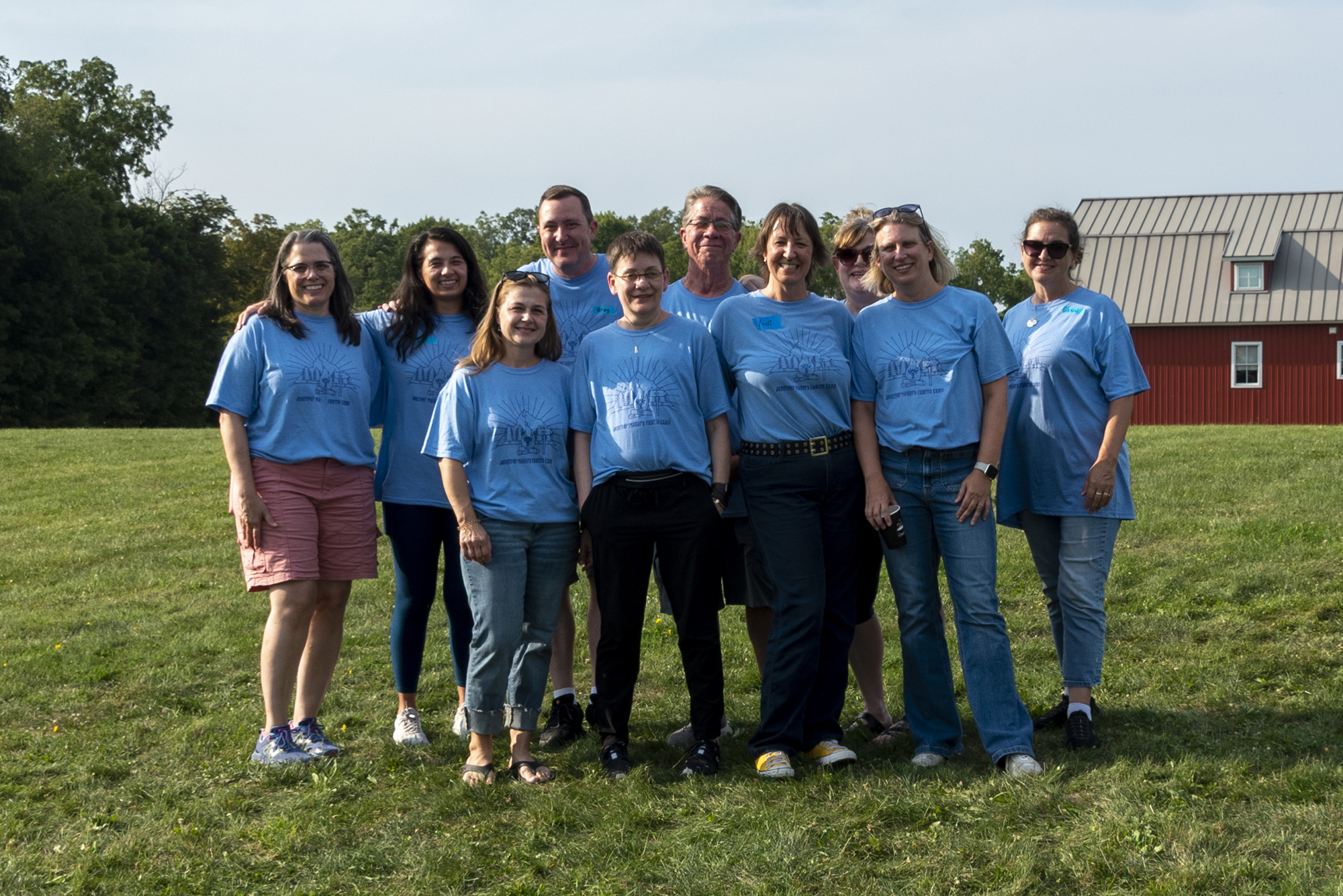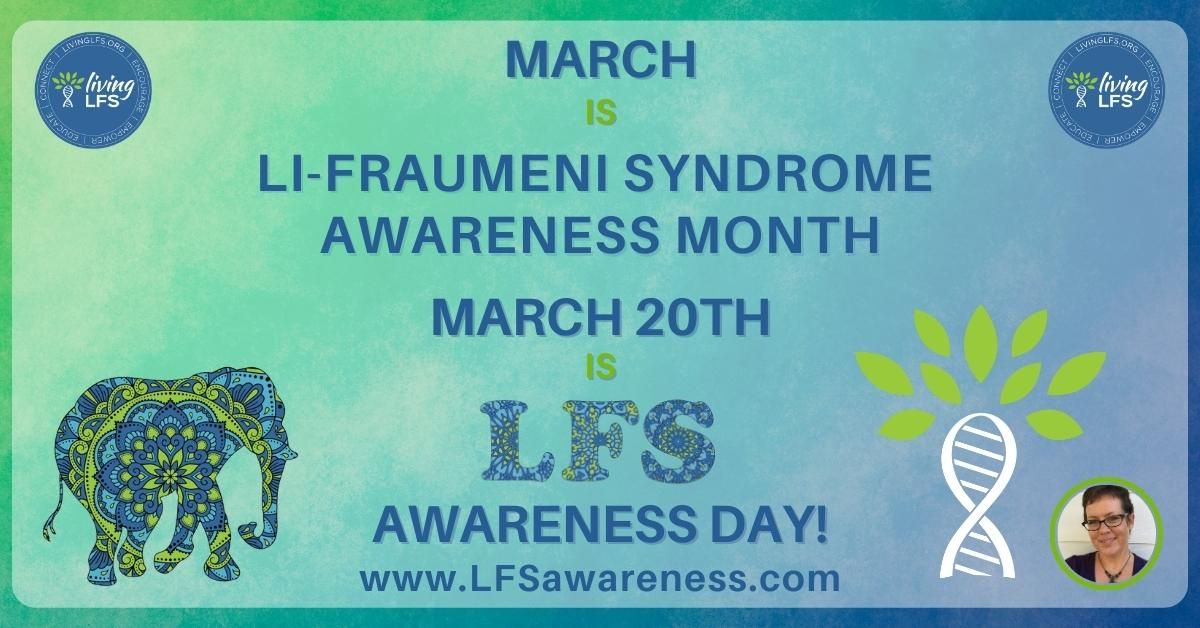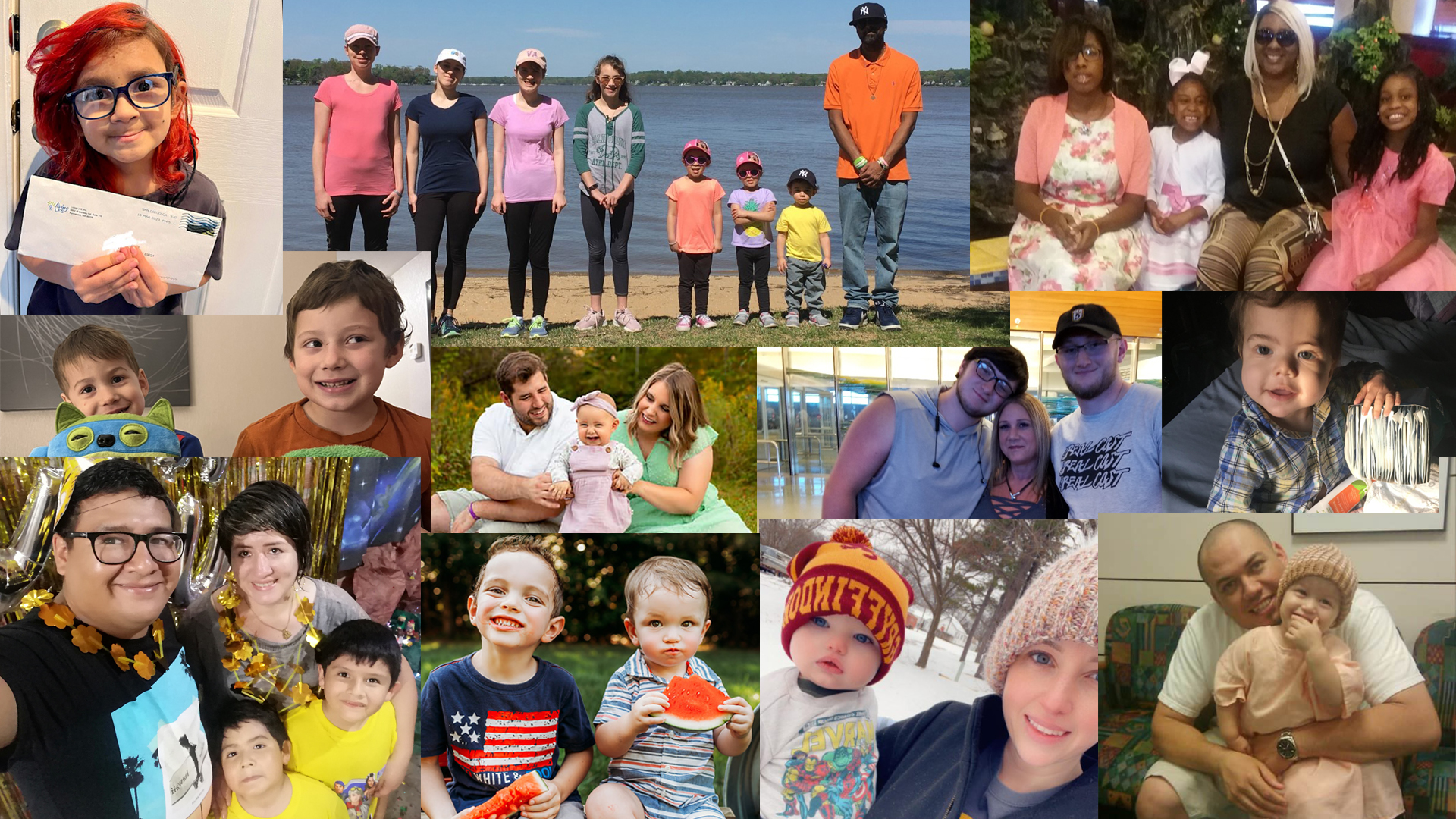MD Anderson recently announced the beginning of a clinic for patients with Li-Fraumeni Syndrome at their cancer center in Houston, Texas. The Program is called LEAD: Li-Fraumeni Syndrome Education And Early Detection. Due the risk of many cancers associated with LFS, the LEAD program offers a comprehensive screening plan to detect cancers as early as possible. The LEAD has an adult department (age 21 and above) as well as separate department and guidelines for children and adolescents (under the age 21). You may be eligible for LEAD if you have a confirmed diagnosis of Li-Fraumeni Syndrome.
To become part of the LEAD clinic, a person will have to become a patient at MD Anderson and this can be done by calling their New Patient Line at (877) 632-6789 and ask to be seen at the LFS clinic. If the person has not been tested for a germline TP53 mutation, but is at risk (for example, if a family member is positive) they can have genetic counseling and get genetic testing through the LEAD clinic. If the person tests positive for the mutation, they will then be followed by the LEAD clinic and the screening guidelines recommended for them.
Click here to learn more about MD Anderson’s LEAD study clinic.
Dr. Louise Strong of MDAnderson Cancer Center in Houston, Texas has worked with LFS families for over 30 years. The LFS study collected data from over 1000 individuals from over 340 families that have LFS or Li-Fraumeni-Like Syndrome. This is not a study aimed at diagnosing LFS but rather a long term observational study with 3 main goals:
- To better understand the clinical implications of having a TP53 mutation and to characterize the cancer risk.
- To look at the psychosocial and ethical issues of LFS diagnosis for individuals and families as well as attitudes for genetic testing of children.
- To find other/new mutations that could affect the cancer risk of those with TP53 mutations.
These studies help the LFS community at large learn why some people get cancer, why some families get more cancers than others and if certain genes affect cancer risk. They also help find out how people are impacted psychologically by the decision to do genetic testing as well as receiving LFS test results. This help clinics better address these issues and serve the mutant community better in the future.
To Find out more about the MDAnderson LFS Study, contact:
Jasmina Bojadzieva
Cancer Genetics Coordinator
Ph: 713-792-7595
Fax: 713-745-7044
jbojadzieva@mdanderson.org
Dr. Louise Strong
Professor of Genetics
Ph: 713-792-7555
Fax: 713-794-4421
lstrong@mdanderson.org


